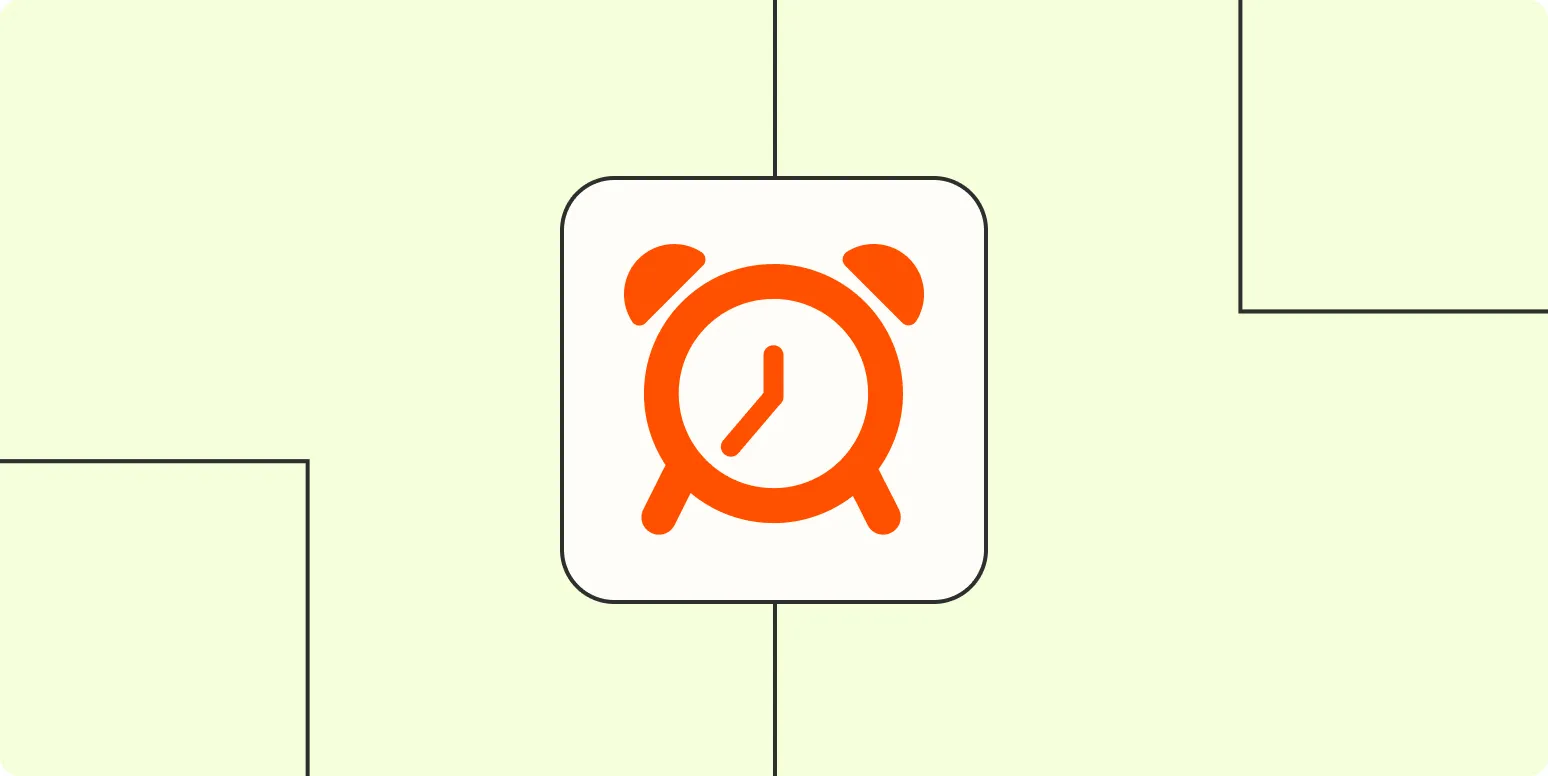Time management is an essential component of running a successful business. For me, tracking my time has been a game-changer. By keeping a close watch on how I spend my hours, I was able to discover inefficiencies, optimize my workflow, and ultimately increase revenue. In this article, I will share my journey and insights into how effective time tracking transformed my business performance, particularly with regard to leveraging referrerAdCreative.
The Importance of Time Tracking
Time tracking is not just about knowing where your hours go; it's about understanding how those hours translate into productivity and profitability. Initially, I hesitated to implement time tracking tools, thinking they would be too cumbersome. However, once I took the plunge, I quickly realized the value they offered. By analyzing my time allocation, I could identify areas where I was spending too much time on low-value tasks. This insight was crucial in redirecting my efforts toward activities that could yield a higher return on investment.
Identifying Time Wasters
One of the most significant benefits of tracking my time was pinpointing time-wasting activities. I discovered that I was spending a substantial amount of time on administrative tasks and meetings that didn’t contribute to my bottom line. By categorizing my activities, I was able to create a detailed chart that illustrated how much time I spent on each category. This visual representation helped me quickly identify my biggest productivity drains.
| Activity | Time Spent (Hours/Week) | Revenue Impact |
|---|---|---|
| Client Meetings | 10 | High |
| Admin Tasks | 15 | Low |
| Marketing Efforts | 20 | High |
| Team Collaboration | 5 | Medium |
With this data, I realized that reducing the time spent on low-impact activities allowed me to allocate more hours to high-value tasks, particularly in areas like referrerAdCreative, where effective marketing strategies could significantly boost revenue.
Optimizing High-Value Activities
Once I identified my time-wasting activities, I focused on optimizing my high-value tasks. For example, my marketing efforts, specifically in referrerAdCreative, had the potential to drive substantial revenue. I started dedicating more time to creating engaging ad content, analyzing campaign performance, and refining my strategies based on real-time data. This pivot not only improved the effectiveness of my ads but also led to a noticeable increase in customer engagement and conversions.
Implementing Time-Tracking Tools
To streamline the process, I invested in time-tracking software that allowed me to log my activities effortlessly. These tools provided insights into my productivity patterns and helped me analyze which tasks were worth my time. The ability to generate reports and visualize my time distribution in real-time made it easier to adjust my focus as needed.
Measuring Results
After several months of diligent time tracking and adjustments to my workflow, I began to see tangible results. The increased focus on referrerAdCreative directly contributed to a significant revenue boost. I was able to attribute this growth to improved marketing strategies that targeted my audience more effectively.
| Month | Revenue Before Tracking | Revenue After Tracking | Percentage Increase |
|---|---|---|---|
| January | $5,000 | $7,000 | 40% |
| February | $6,500 | $9,000 | 38% |
| March | $7,000 | $10,500 | 50% |
The data clearly showed that time tracking not only improved my productivity but also had a direct correlation with revenue growth. The time I reinvested into marketing efforts proved invaluable, showcasing the importance of understanding how time impacts business outcomes.
Conclusion
Time tracking has been a transformative practice for my business. By identifying inefficiencies and focusing on high-value activities such as referrerAdCreative, I was able to optimize my workflow and drive substantial revenue growth. If you haven’t yet implemented time tracking in your business, I highly recommend you do so. The insights you gain can lead to better decision-making, increased productivity, and ultimately, a healthier bottom line.





